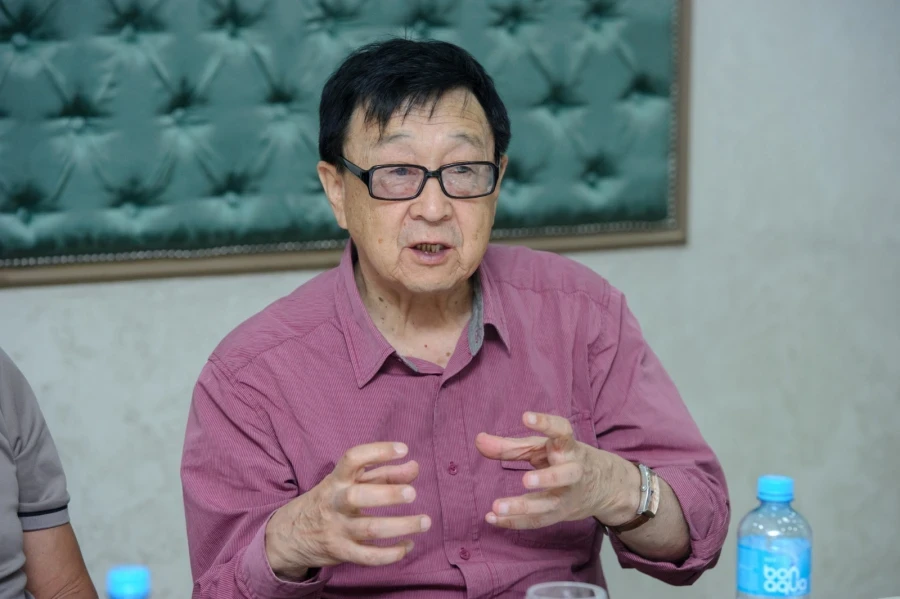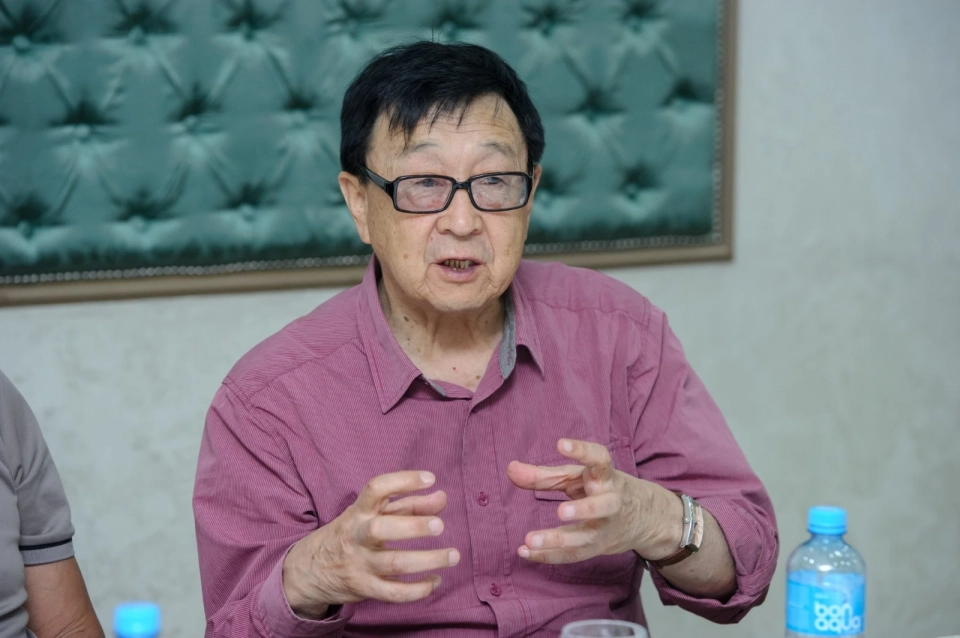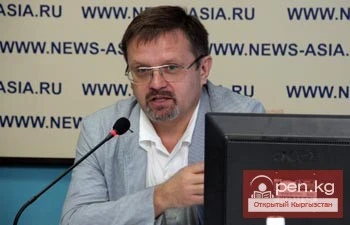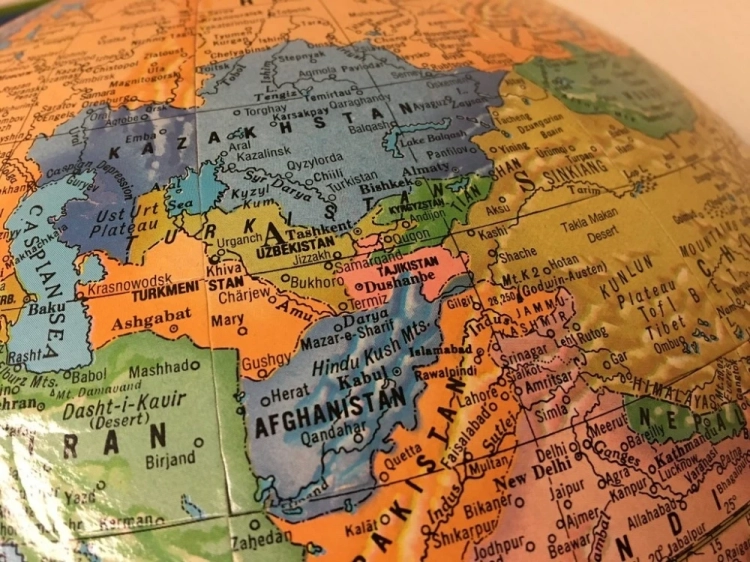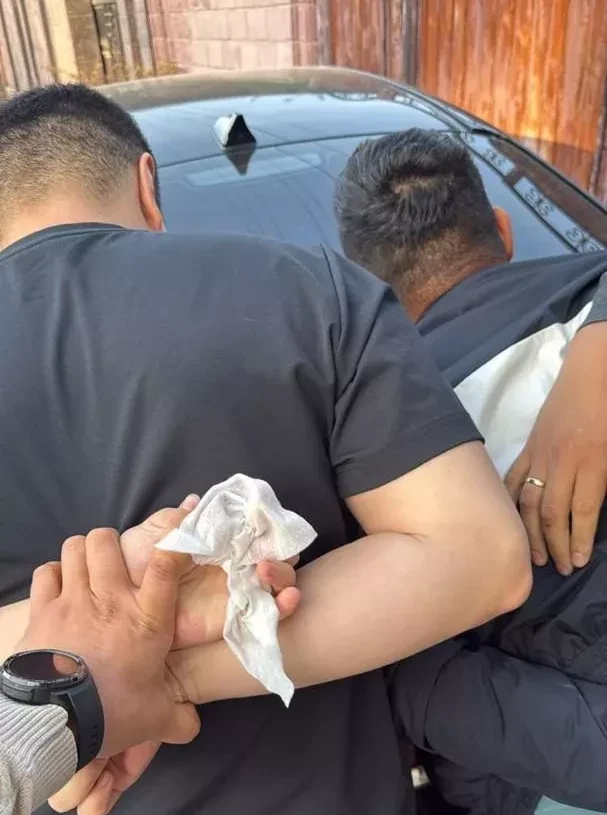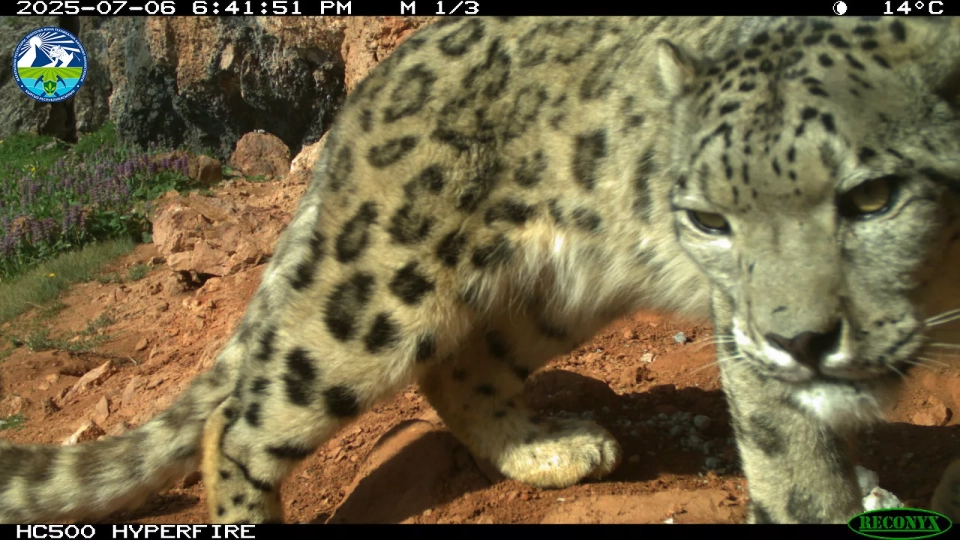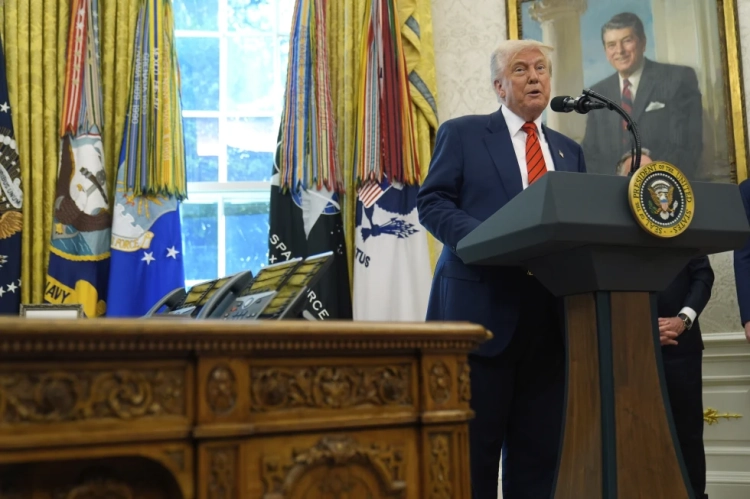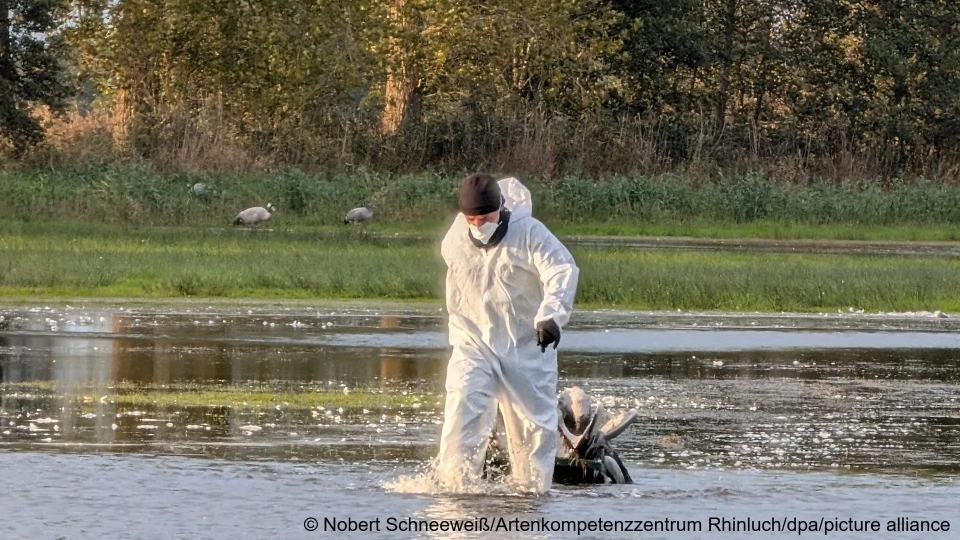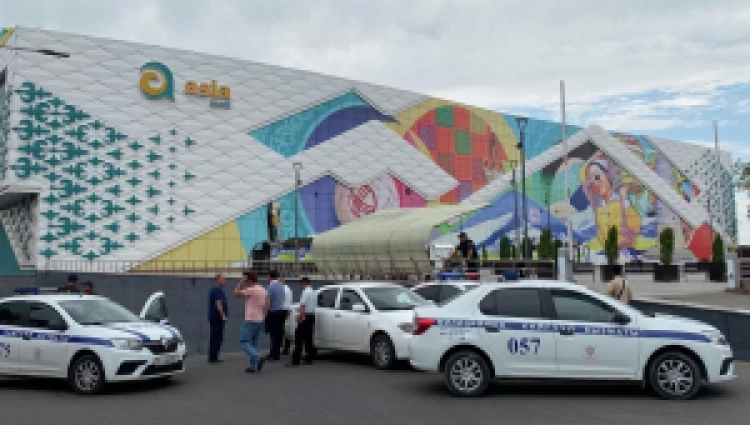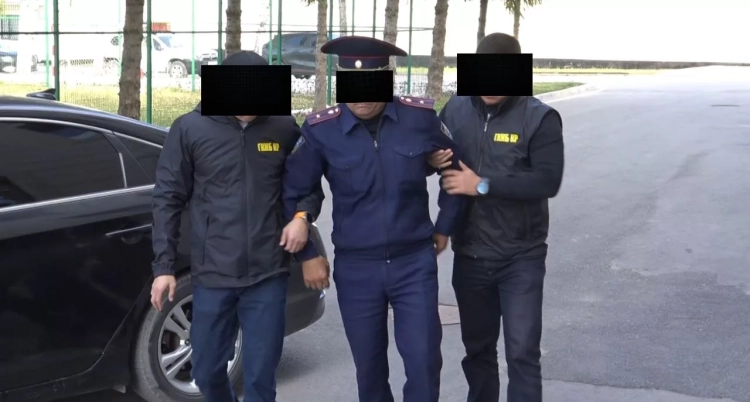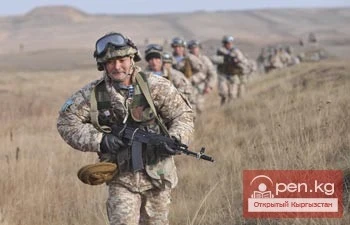According to experts, the current escalation of the conflict between Pakistan and Afghanistan poses a serious threat to Central Asia.
Central Asia is a region in a state of instability and can be characterized as a "cauldron" that could explode at any moment. This was stated by Murat Beyshenov, former First Deputy Minister of Defense of Kyrgyzstan and candidate of philosophical sciences, at a round table organized by the Center for Expert Initiatives "Oy Ordo" on the topic "Geopolitics or Economics: Pros and Cons of the Central Asia +1 Format."
The expert noted that recent events in the area of Pakistan and Afghanistan demonstrate that threats of radicalism, terrorism, and extremism may arise in this region.
“The main players on the geopolitical stage are currently concerned about the potential threats that may arise primarily for them. China, for example, is showing great interest in our transit potential. The interests of major powers in our region can be listed for a long time,” added Beyshenov.
“Today we feel the influence of Russia, China, and Turkey, as well as India, which is starting to participate more actively. America, apparently, has left us alone for a while. Trump's slogan – ‘Make America Great Again’ – does not currently include our part of the world, although the USA maintains significant influence in Kazakhstan and Uzbekistan. I believe that Washington's interest in Kyrgyzstan, Tajikistan, and Turkmenistan will also not fade. Therefore, I connect the developments in Pakistan and Afghanistan with our situation.”
However, it is important to understand that the escalation of the conflict in these countries poses an immediate threat to Central Asia, particularly to Tajikistan and Uzbekistan, and eventually to Kyrgyzstan. Since Afghanistan borders our region, the emergence of hotspots of tension could lead to uncontrolled migration and the spread of terrorist groups. It is known that in the northern provinces of Afghanistan, almost at our borders, there are currently about 10,000 militants,” emphasized Murat Beyshenov.
Photo www
